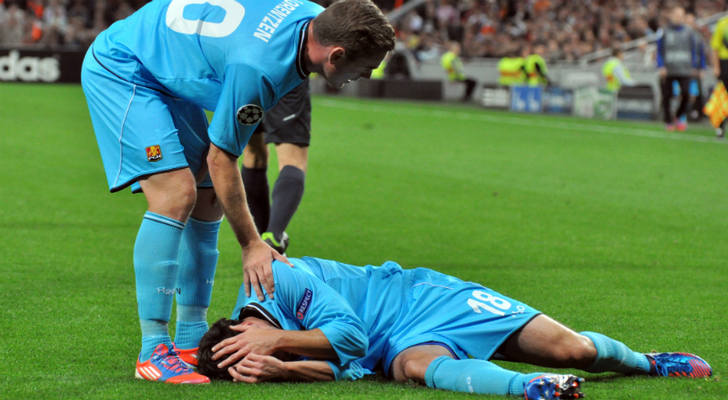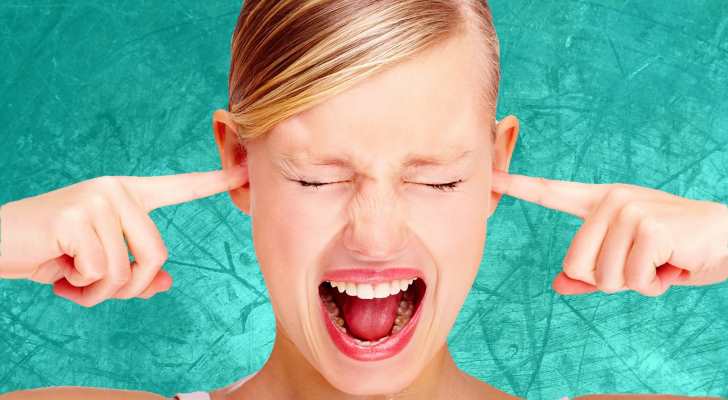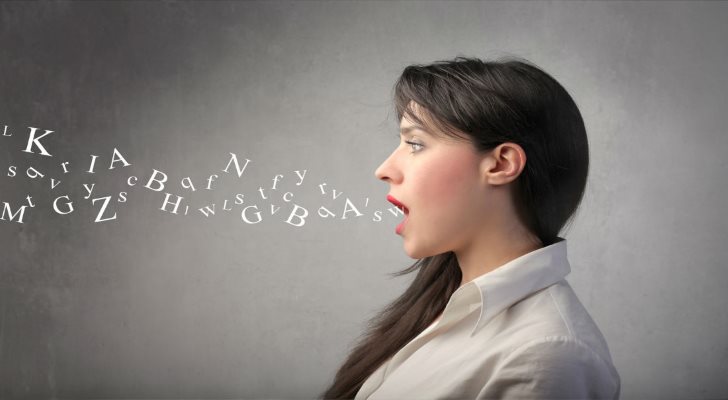
The first sign of a concussion is a headache. It can follow a head impact or rapid acceleration–deceleration. The intensity varies from mild to severe and may feel throbbing or pressure-like. Discomfort can involve one or both sides of the head and sometimes radiates toward the neck or upper regions of the body. Sensitivity to activity or stimulation can accompany the pain.

People with concussion can experience difficulties with attention, processing, or short-term memory. Reports describe brief gaps in memory either before the injury (retrograde) or after the event (anterograde). Problems with balance or coordination may occur, and confusion can lead to repeating statements or questions. These cognitive effects are typically transient but vary in duration.

Nausea is another commonly reported feature and may occur with or without vomiting. This sensation can be associated with head pain or with transient changes in autonomic responses after a head injury. People often describe waves of queasiness, a “sick to the stomach” feeling, and decreased appetite. Nausea and headache can appear together or separately.

Disorientation can appear after concussion. Individuals may feel unsure of location, time, or the sequence of events, and may report feeling “off” or unsettled. This state often accompanies initial confusion following a blow to the head or significant jolt. Recovery of orientation varies and can include both physical and cognitive components.

Blurred or double vision can occur as visual processing is temporarily disrupted. People may notice difficulty focusing on text, increased effort when reading, or visual fatigue during screen use. Aching around the eyes and trouble sustaining attention on visual tasks are also described. These effects are usually most noticeable during close work.

Dizziness and drowsiness are frequently mentioned. A spinning or lightheaded sensation may appear intermittently, especially with rapid head movements or visual strain. Daytime sleepiness can accompany headaches or visual symptoms. These responses are variable and can fluctuate over the first hours to days.

Heightened sensitivity to sound (phonophobia) is reported by some individuals after concussion. Sudden or loud noises can feel uncomfortable, and sensitivity to light (photophobia) may occur at the same time. Tinnitus—perceiving ringing, buzzing, or ticking without an external source—may also be present. These sensory changes reflect temporary alterations in processing.

A persistent sense of fatigue is another common feature. People may feel worn out despite usual activities and describe reduced stamina or concentration. Extra sleep does not always resolve the tiredness immediately, and energy can fluctuate during the day. Fatigue often coexists with headache, dizziness, and sensory sensitivities.

Tinnitus can present as ringing, buzzing, or hissing sounds perceived in quiet or noisy environments. Even moderate sounds may feel more intrusive than usual. Changes in auditory perception can also influence balance or spatial orientation. These experiences are commonly temporary and vary in intensity.

Speech may sound slowed or slightly slurred in some cases. Word-finding effort or mild language disorganization can occur while the brain processes information more slowly. Motor speech coordination may be transiently affected, and maintaining a coherent conversation can feel demanding until symptoms subside.
Learn more about concussion at Centers for Disease Control and Prevention.

